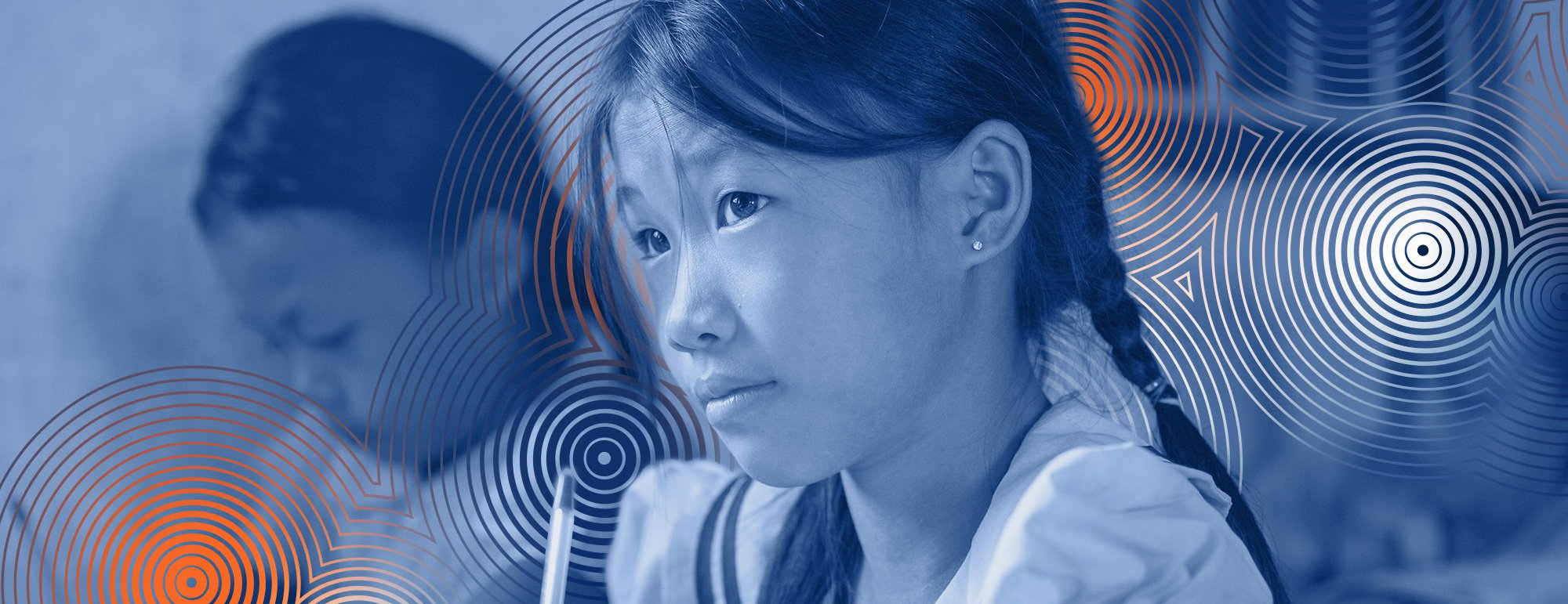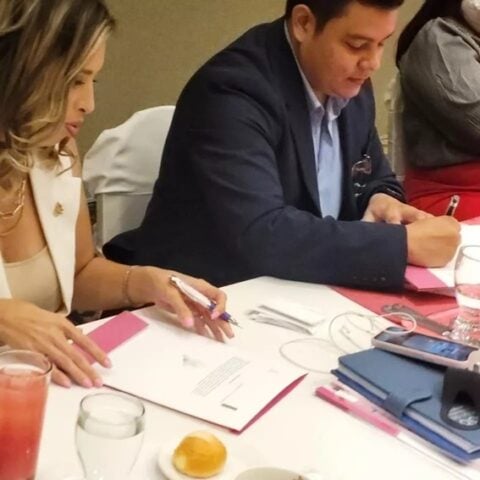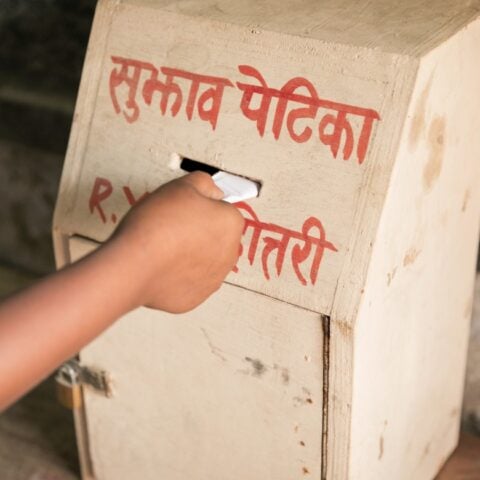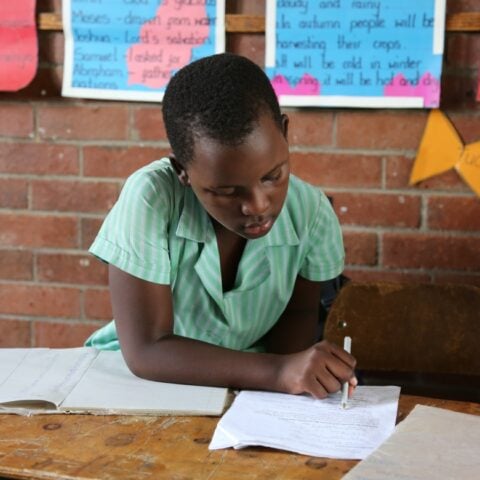
Shaping an inclusive future with
Education out Loud
Education Out Loud is GPE’s fund for advocacy and social accountability. We provide support for civil society to become active and influential in shaping education policy to better meet the needs of communities.
Education Out Loud empowers civil society organisations in more than 60 countries to become active and influential in shaping education policies to better meet the needs of communities, especially the most marginalized and ensure quality education for all.
We work with more than 80 civil society organisations in Asia, the Pacific, Africa, Latin America and the Caribbean with an aim to strengthen civil society’s capacity to engage in education sector planning, policy dialogue and monitoring, and to promote transparency and accountability of the national, regional and global education sector.
Funded by The Global Partnership for Education (GPE) and managed by Oxfam Denmark, Education Out Loud is the largest fund in the world supporting civil society advocacy and social accountability in education, with a total funding envelope of US$133 million.
Our Impact

National
Policy changes
Our grantees have contributed to 188 national policy changes towards human rights-based approaches to education.

Increased social accountability
62 social accountability mechanisms
have been created or strengthened
by Education Out Loud grantees.

Knowledge
and learning
152 studies, reports or assessments
have been produced by grantees for use
in advocacy and monitoring
Where we work
As of 2024, Education Out Loud have 79 grants active in 63 countries,
supporting national, regional and transnational education advocacy work.
